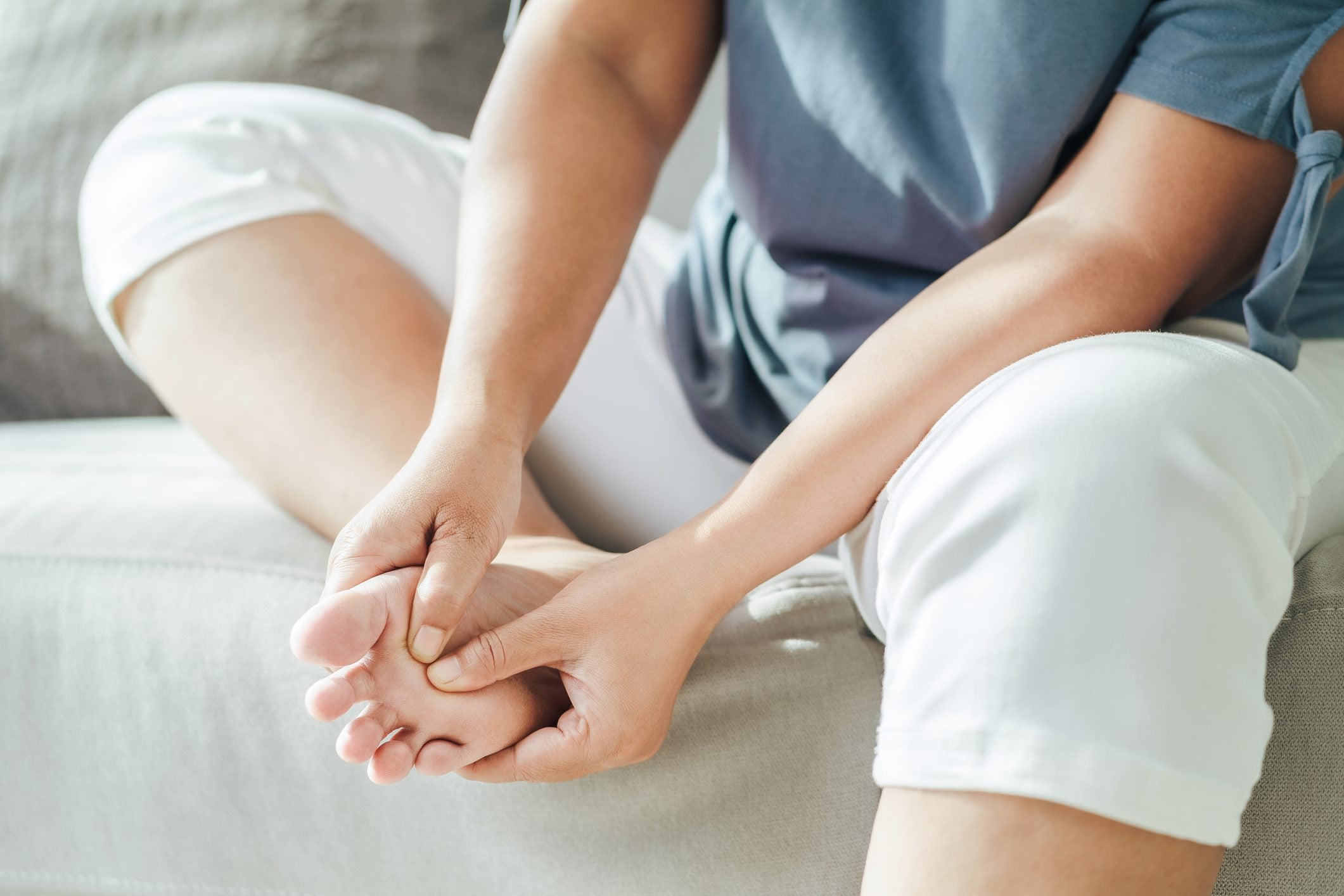
Published on Mar 16, 2022
Last modified on Aug 20, 2025
Navigating Sleep & Brain Health During Menopause
How do you know you’re in menopause? The tale of Sleeping Beauty begins to look less like the tragic plight of a cursed princess and more like the inspirational story of a woman experiencing blissful, uninterrupted slumber.
A seamless 7+ hours of quality sleep can be a rarity during the menopause transition, when hormone fluctuations can lead to frustrating sleep problems, including insomnia, sleep apnea, night sweats, and more.
As we all know, these symptoms often leave us feeling deflated and moody. What less of us are aware of, however, is the impact of unhealthy sleep hygiene on longer term brain health issues like working memory, dementia, and Alzheimer’s.
In honor of Brain Awareness Week and National Sleep Awareness week, let’s dig into the science of brain health and sleep, along with actionable, evidence-backed advice to get you feeling like a Sleeping Beauty AND a Sleeping Smarty!
Why do we struggle with sleep during menopause?
While hormones can play a role in sleep, not all sleep issues women experience during menopause are due to menopause-related hormones. We can’t underestimate all of the other factors that come into play: aging, stress, diet, behaviors. It’s no wonder so many women report sleep issues, even those who slept like babies for their entire adult lives.
Hormonally speaking, there are two forces that can create the perfect storm: menopause and aging.
- Decreased melatonin: Our bodies use this natural hormone to regulate the circadian sleep-wake cycle. When levels decrease with aging, it affects the regulation of our internal clocks.
- Increased cortisol: Cortisol is a key stress hormone, and when levels increase due to aging and stress, it can prevent quality sleep.
- Decreased serotonin: When we age, the number of receptors for our “happy hormone,” our bodies use as a mood stabilizer, decreases, which may be a risk factor for anxiety and depression (both of which inhibit sleep).
- Decreased estrogen: Estrogen works behind the scenes to decrease sleep latency (aka the amount of time it takes to fall asleep) and the number of times you wake up throughout the night — in addition to increasing total sleep time. Estrogen also has a complex relationship with serotonin, so declining estrogen levels can be associated with less serotonin action. In addition, estrogen regulates our body temperatures at night. Unfortunately, as you know, estrogen levels only decrease during menopause. (*facepalm*)
- Decreased progesterone: In early perimenopause, progesterone drops even faster than estrogen does and, due to its relaxing functions, can lead to disrupted sleep, especially sleep fragmentation.
Fluctuating hormone levels, in turn, cause things like hot flashes, night sweats, depression, anxiety, and stress, which also impact sleep.
How does poor sleep impact brain health?
More and more studies have illuminated how valuable quality, uninterrupted sleep is to our long term brain health. A recent study supporting by the NIH’s National Institute on Aging, observing data from nearly 8,000 people, showed that people in their 50s and 60s getting less than six hours of sleep were 30% more likely to be diagnosed with dementia. Researchers from the Washington University Sleep Medicine Center similarly found that short and long sleepers experienced a greater risk of Alzheimer’s. Sleep apnea, a serious sleep disorder in which one experience consistent, interrupted breathing also has an effect on mental health, and those with sleep apnea have a far higher risk of anxiety, panic disorder, depression, bipolar disorder, or even schizophrenia.
What are some actionable steps to improve my sleep hygiene?
While the topic of brain health can feel daunting, thankfully there are many evidence-based steps you can take to stabilize your sleep schedule and quality:
Speak to a provider or sleep specialist
If you’re experiencing daytime fatigue that interferes with work/home responsibilities, if you worry about falling asleep while driving or doing inactive things (e.g., watching television or attending a meeting), or if you feel the need to nap most days, it’s a good idea to see a healthcare provider. Whether or not you’re struggling with a serious sleep issue like sleep apnea, a specialist can give you a comprehensive assessment and identify solutions specific to your body.
Create a wind-down routine
We have our morning routines down: it may involve exercise, coffee, breakfast, shower, or packing a lunch for the day. Whatever it is, we do it and it sets our day up for success. We need to give our wind-down the same attention and treat it the same way. Create a routine that involves practices that help you relax. Doing so will lower sympathetic activation (your body’s fight or flight system…which is not helpful for sleep!).
Keep it cool
Right around bedtime, your body temperature drops 1-2 degrees, which signals to your internal clock that it’s time to hit the hay. In doctor-speak, this is what’s called “thermoregulation.” We recommend keeping your bedroom at a cool 60 – 67°F and, if that’s not enough, trying cooling sheets made with bamboo or a cooling mattress pad or blanket for your bed.
Maintain a sleep journal
Keep a sleep journal for at least two weeks prior to your appointment in order to identify recurring patterns (we put together this handy tracker to help you out). Be sure to note your eating and drinking times, bed/wake times, as well as your general mood and state of mind.
Want more lifestyle, supplement, and prescription recommendations? Check out our full guide to sleep problems during the menopause transition along with our guide to eight natural, over-the-counter sleep aids.
READ MORE: Menopausal Insomnia Keeping You Up? CBT-I Can Help.


